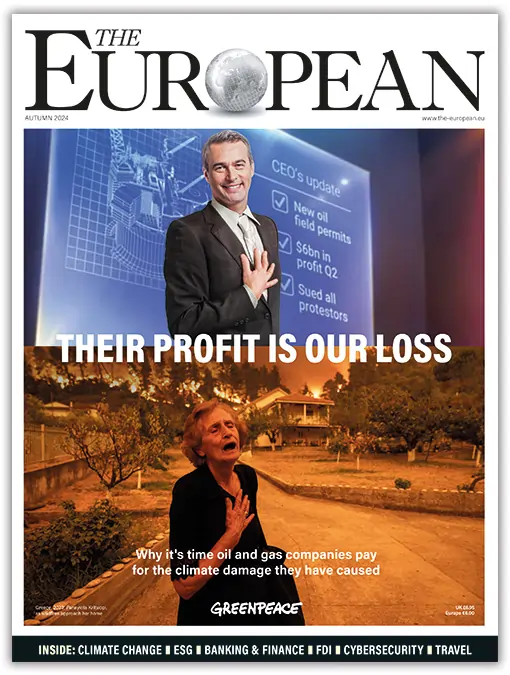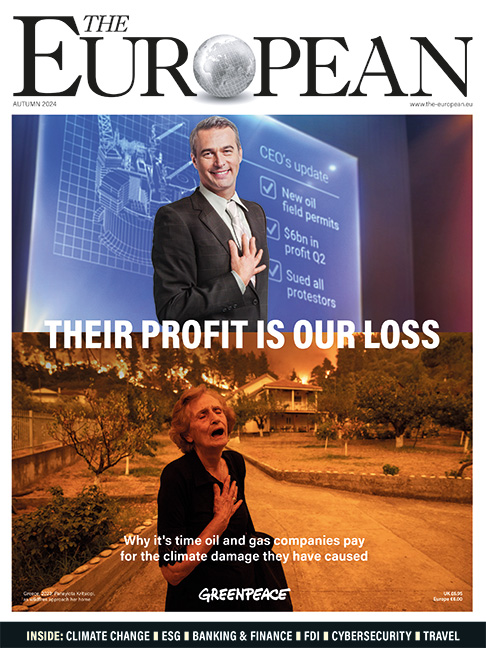
Brands and marketers must invest in real-time information and make decisions based on what works for consumers now, not what worked months or years ago, says Ben Leet, CEO at Delineate
The last three years have been defined by change. From the Covid-19 pandemic to the revolving door of UK Prime Ministers, even a crystal ball would struggle to keep up with the various developments. And for brands, this makes understanding one’s audience even more challenging. Long gone are the days of relying on a one size fits all approach in a hope of increased customer retention, or continuing with the tried and tested campaigns from years prior that worked so well.
Brands and marketers are juggling too many unknowns. They are having to plan campaigns with consumer habits evolving daily, inflation rates climbing, growth slowing and the fear of knowing right from wrong. It’s the perfect storm, and an almost impossible situation to navigate.
Yet, what if there was a solution to all of this? Not something that could solve all issues in wider society, but an approach that could help guide brands thinking.
Outdated data: a death sentence for brands
The old adage “what you put into life is what you get out” has never been truer in the world of marketing and advertising. Hard work combined with strategic thinking is often the first logical step, but nothing will truly work without a fundamental rethink of what data sources are available to fuel both short-and long-term decision making in this new world.
Great data can inform brands on audiences’ needs. It can guide campaign ideas and iterative processes. And data can paint a picture for short-and long-term marketing strategies. For many, it is the heartbeat that keeps the modern-day business machine running. It can, however, be time-consuming to process, and finding the information you need to run your business can be like finding a needle in a haystack. What’s more, it’s well documented that once found, it can quickly become obsolete. Especially in today’s ever-changing world.
Relying on outdated information can lead to ineffective strategies, incorrect predictions, or missed opportunities. Take Pepsi’s now infamous advert with Kendell Jenner. The ad received so much push back that it was ultimately pulled, but it begs the question, did Pepsi understand their audience and the pressures facing society at the time. It was a blind, uninformed decision during a time of great upheaval.
Embrace change, don’t fear it
So, the world has turned upside down. Some brands are opting to cut their marketing budget, whilst others are at least placing them under increased scrutiny. And we’re living in a fast-paced world where everything is constantly changing and evolving. It’s exhausting just to list the challenges out, let alone tackle them head on.
Yes, Covid-19 accelerated this pace of change. But the added pressures of a global downturn on the horizon and the depreciation of third-party cookies has put an even greater importance on first-party data, where customer behaviours and preferences can be uncovered in real-time, allowing for more accurate predictions and personalised recommendations.
That means that the move into a cookie-less world can either be feared or embraced. Great marketing teams will choose the latter, leaning in more heavily to first-party data and modern data ecosystems for their decision making to ensure that they maintain their brands on the right growth trajectory.
Living in the now (economy)
This desire for a personal connection is nothing new in advertising. The best ads’ – be it Levi’s iconic laundrette commercial from the 1980s or Coca Cola’s ability to signal the beginning of Christmas with its festive truck – tap into a moment in time that is relevant, creative and emotionally connected to their audiences.
But it’s the rise of immediacy, born from Amazon Prime and Deliveroo-like services, that has changed the expectation on brands. It’s no longer enough to understand what consumers wanted last week. Consumers demand that brands know what they want now, not what they wanted a week, or even a few days ago.
Consumers’ attention spans are shortening, and their expectations of brands are rising. So brands must meet these needs at any time, no matter the platform or format. And in a world where audiences are inundated with messages, the brands that stand out will be the ones with first-party data-driven insights.
If change is the norm, what’s next?
This ever-changing world necessitates that brands and marketers understand their target audiences, invest in real-time information and make informed decisions based on what consumers want, not what they think audiences need or what worked months and years ago.
The rise of the “now economy” is forcing marketers to quickly adapt and be flexible in their approach. After all, you wouldn’t do a long-distance journey in a car before checking the tyre pressure, filling the tank and checking the routes to the destination. Brands need to consider this new journey and embrace the changes that are happening in today’s world.




